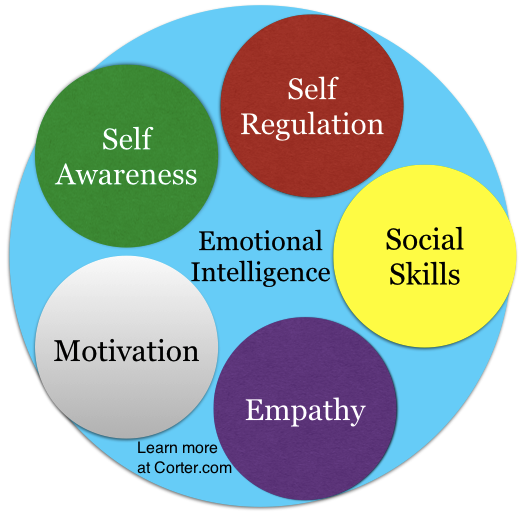Today I would like to share how time management is very important to everyone, time management means how we manage time without waste of any minute because time is more valuable. Time management is a very important activity, it is a process of planning and controlling our specific activities in a short period of time. A good time management process helps to achieve your career goals in a short time period.
Time management process helps too,
- Reduce the stress level
- Helps to create daily tasks and activities
- Helps to complete first things first and last things last
- Perfection in activities
- More opportunities
- More time available
- Set a time limit to a specific task
- Organize yourself
- Remove unimportant tasks or activities
- Plan ahead
Importance of Time management:
Time management skills are essential because few, if any, of us ever have enough time to do everything that is asked of us, or that we want to do.
Time management is defined as using your time productively and efficiently—but what about when you are working as productively as possible, and you still can’t get everything done? It may be better to think about time management as a combination of working productively and prioritising your time.
In other words, people who are good at time management are good at getting on and doing things. They are also, however, better at prioritising, and working out what really needs doing—and then discarding the other things.
They can do this because they understand the difference between urgent and important.
‘Urgent’ tasks demand your immediate attention, but whether you actually give them that attention may or may not matter.
'Important' tasks matter, and not doing them may have serious consequences for you or others.
For example:
Answering the phone is urgent. If you don’t do it, the caller will ring off, and you won’t know why they called—and it might be important. It may also, however, be an automated voice telling you that you may be eligible for compensation for having been mis-sold insurance. That’s not important.
Going to the dentist regularly is important (or so we’re told). If you don’t, you may get gum disease, or other problems. But it’s not urgent. If you leave it too long, however, it may become urgent because you may get toothache.
Picking your children up from school is both urgent and important. If you are not there at the right time, they will be waiting in the playground or the classroom, worrying about where you are. You may also inconvenience others such as teachers who are waiting with your children for you to arrive.
Reading funny emails or checking Facebook is neither urgent nor important. So why is it the first thing that you do each day? See our page minimising distractions to help you recognise and avoid other things that may distract you from getting your urgent and important tasks done.
This distinction between urgent and important is the key to prioritising your time and your workload, whether at work, at home or when studying.
It enables you to work out what to do first, and what can be left either until later, or not done at all. For example, if you leave an urgent but unimportant task, you may find that it becomes unnecessary.
Using a grid like the priority matrix below can help you to organise your tasks into their appropriate categories:



No comments:
Post a Comment